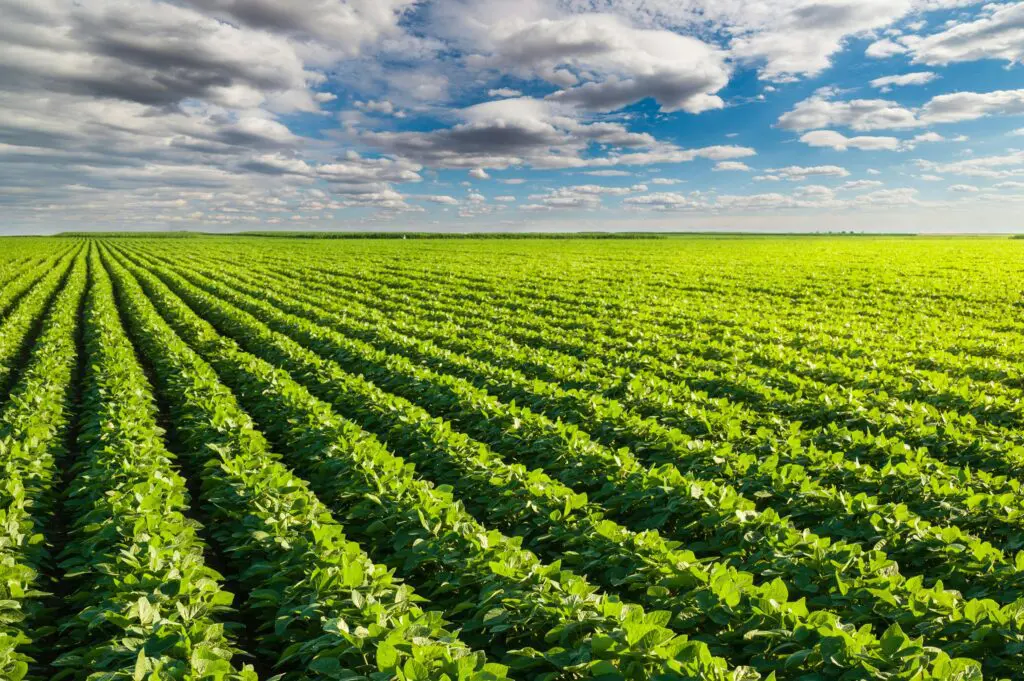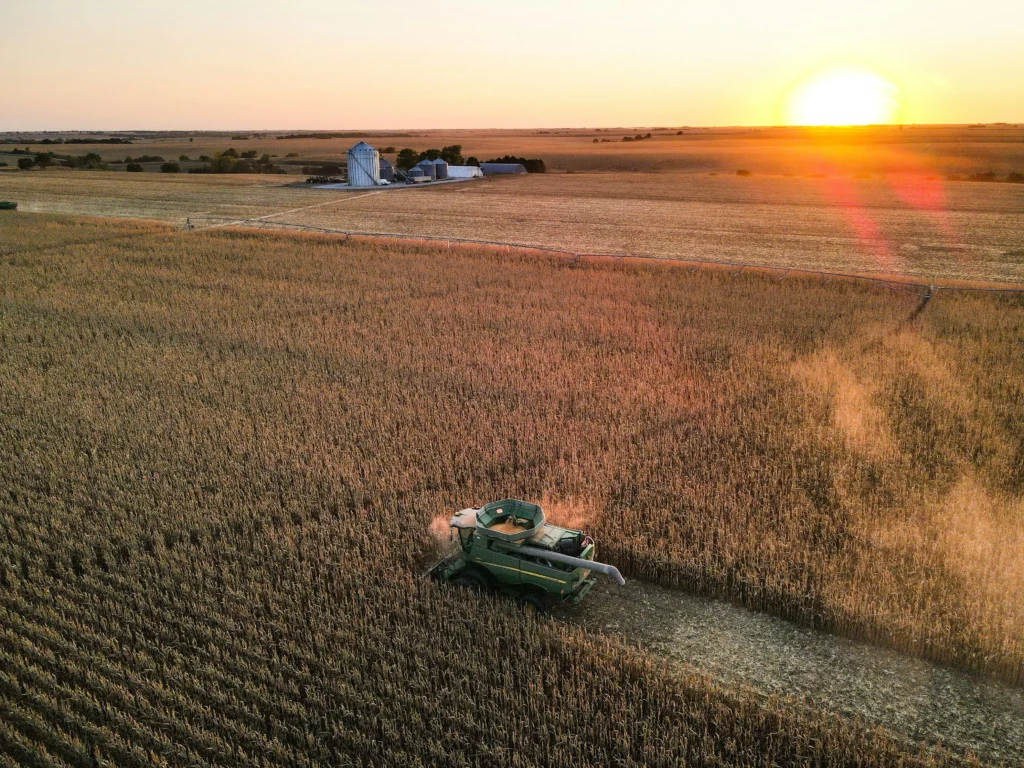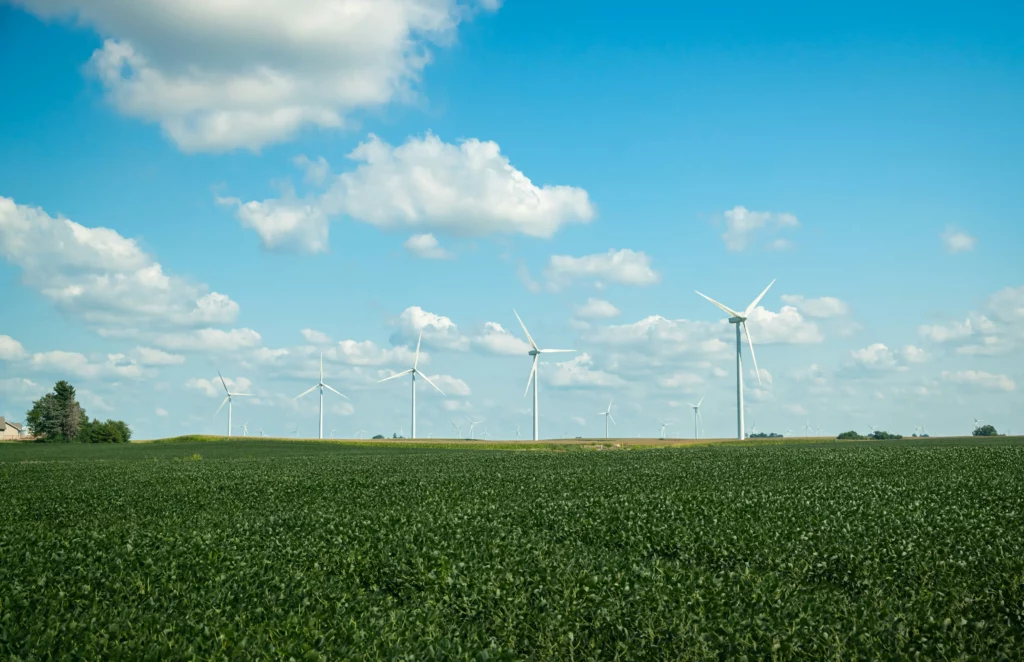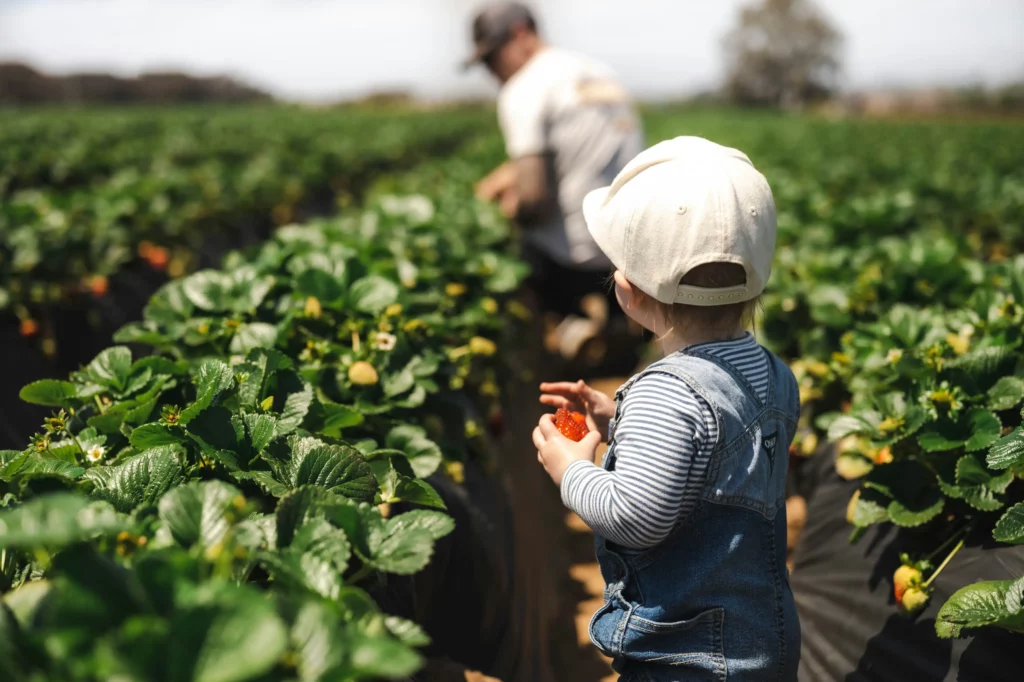
Crop production is a complex process influenced by numerous environmental, biological, and human-related factors. Understanding the factors affecting plant growth is essential for farmers, agronomists, and policymakers to make informed decisions that lead to sustainable and efficient agricultural practices. This article aims to shed light on the current farming issues affecting low crop yield, as well as a variety of strategies and crop development in agricultural practices aimed at mitigating current agricultural issues.
By understanding these key issues and implementing effective crop improvements, we can pave the way for a more food-secure future and support the ongoing health of our planet’s agricultural systems.
5 Key Farming Problems Affecting Crop Yield

To effectively navigate the challenges of modern agriculture, understanding the current farming issues that can hinder crop production is crucial. By recognising these challenges, crop yield improvement strategies can be devised to mitigate their impacts, leveraging sustainable practices to ensure the resilience and productivity of agricultural systems.
1. Environmental Problems with Agriculture
- Temperature: Plants have specific temperature ranges for optimal growth. Extreme heat can accelerate evaporation, stress plants, and reduce pollination, while extreme cold can damage tissues and slow growth.
- Sunlight: Sunlight is fundamental for photosynthesis, the process by which plants produce energy. Variations in daylight duration and intensity can affect crop cycles and yields. Managing plant density and arrangement can maximise light exposure to plants.
- Soil Pollution: The accumulation of heavy metals, such as lead or cadmium, and persistent organic pollutants in the soil can have toxic effects on crops, reducing yields and contaminating food chains.
2. Pests and Diseases
- Invasive Species: Non-native pests and diseases can devastate crops, as these plants have not evolved defenses against such threats. The introduction of such species, whether accidentally through global trade or deliberately, can disrupt local ecosystems and agricultural productivity.
- Resistance: The widespread and sometimes indiscriminate use of pesticides has led to the development of resistant strains of pests and diseases. This resistance necessitates the development of new control measures, often at a high cost and with uncertain outcomes.
3. Soil Degradation
- Erosion: Soil erosion by water and wind can quickly degrade land, removing the nutrient-rich topsoil critical for plant growth. This reduces the land’s agricultural viability and contributes to broader environmental problems with agriculture, such as sedimentation in waterways.
- Nutrient Depletion: Continuous cropping, especially without crop rotation or proper fertilisation, can exhaust soil nutrients. The resulting nutrient depletion reduces soil fertility, necessitating the use of chemical fertilisers to maintain yields, which can further degrade soil health over time.
4. Water Scarcity
- Irrigation Issues: Dependence on irrigation can strain water resources, particularly in arid regions. Inefficient irrigation techniques contribute to water wastage and energy overuse, while the lowering of water tables can make water increasingly inaccessible for agricultural use.
- Drought: Drought conditions severely impact crop production, especially in regions without adequate irrigation infrastructure. Even in areas with irrigation, droughts can deplete water sources, leading to restrictions on water use that affect agricultural productivity.
5. Lack of Access to Agricultural Inputs
- Access to Technology: Limited access to the latest agricultural technologies, including mechanised equipment, precision agriculture tools, and improved crop varieties, prevents many farmers from enhancing their productivity and resilience to environmental stresses.
- Information and Training Deficits: The gap in knowledge and training on how to implement and maximise the benefits of modern agricultural practices leaves farmers ill-equipped to adopt and adapt these solutions effectively.
4 Ways to Improve Crop Yields

For improvement in crop yields, it’s important to understand a blend of innovative and traditional methods. These ways lead to more sustainable agricultural practices and crop production.
1. Sustainable Farming Practices
- Crop Rotation: This age-old practice involves growing different types of crops sequentially on the same plot of land. It helps in breaking pest and disease cycles, reducing the need for chemical inputs, and improving soil health by alternating deep-rooted and shallow-rooted plants, which can enhance soil structure and fertility.
- Conservation Tillage: Practices such as no-till or reduced-till farming help preserve soil organic matter, improve water absorption, and reduce erosion. By disturbing the soil less, these methods also support beneficial soil organisms and carbon sequestration, contributing to broader environmental health.
2. Pest and Disease Management
- Crop Diversity: Cultivating a variety of crops can disrupt the habitat for pests and diseases, reducing outbreaks. Crop diversity, including intercropping and polycultures, enhances ecosystem resilience and can lead to more stable yields.
3. Agricultural Water Management
- Drip Irrigation: This system delivers water directly to the base or root zone of plants through a network of valves, pipes, tubing, and emitters. It is highly efficient, reducing evaporation and runoff, and can be combined with water-soluble fertilisers to optimise nutrient uptake.
- Rainwater Harvesting and Storage: Collecting and storing rainwater for agricultural use is a sustainable way to manage water resources, particularly in water-scarce areas. It can reduce dependence on groundwater and surface water sources, enhancing water security for agricultural operations.
4. Soil Health Management
- Organic Amendments: Incorporating organic materials such as compost, green manures, and biochar into the soil can improve its physical properties, enrich nutrient content, and stimulate beneficial microbial activity, leading to more robust and resilient crops.
- Cover Crops: Growing plants such as legumes, grasses, or small grains outside of the regular cropping season helps protect and improve soil health. These crops can fix atmospheric nitrogen, reduce erosion, suppress weeds, and enhance soil organic matter.
How Biostimulants Can Improve Crop Yields?

The challenges listed above require innovative solutions. Climate change is significantly impacting food security. With rising temperatures and extreme weather events such as heatwaves, abiotic stress in crops is common. Abiotic stress has a negative impact on important plant activities, such as seed germination, plant development, respiration, photosynthesis, and reproduction (i.e. flowering and fruit set), which leads to reductions in plant growth and crop yield.
Brandon Bioscience’s biostimulants increase crop quality & marketable yield through faster emergence, stronger root growth, enhanced vigour, increased flowering, and increased yield. Our solutions make for more uniform harvests, allowing producers to achieve their desired size and shape grades needed for their markets. This enables growers to get more from every plant, every hectare, every season.

Improving crop yield is a multifaceted challenge that requires integrating traditional knowledge with modern technological advancements to address the global environmental challenges facing the industry. By addressing the key factors affecting crop production and implementing agricultural improvements, it is possible to achieve higher yields, better quality crops, and more sustainable farming practices without compromise.
Brandon Bioscience focuses on sustainable agriculture through innovative biostimulants derived from Ascophyllum nodosum. Our commitment to research and development has led to advanced solutions that boost plant health, yield, and stress resilience. For a comprehensive overview of our methods and how biostimulants can improve your production and environmental goals, please contact us to get an in-depth understanding of how we can support you.




